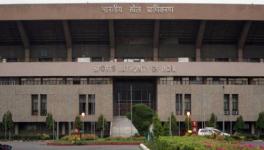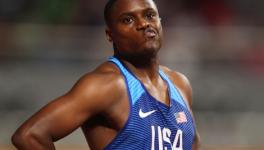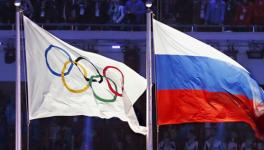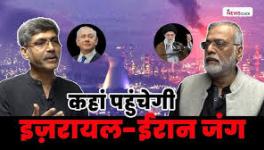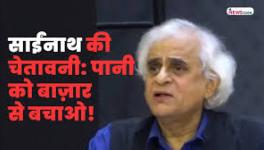CAS Will Hear Nike Oregon Project’s Banned Track Coach Alberto Salazar’s Appeal In November
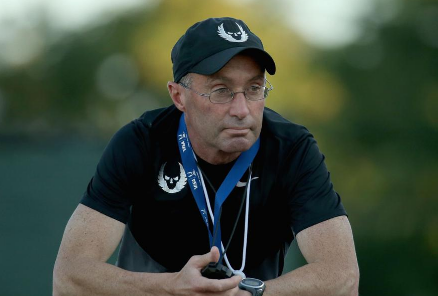
The US Anti-Doping Agency (USADA) banned Alberto Salazar after a six-year investigation for ‘orchestrating and facilitating’ doping as head coach of Nike Oregon Project (NOP).
The Court of Arbitration for Sport (CAS) said it will hear banned track coach Alberto Salazar’s appeal to overturn his four-year doping suspension in November. The Swiss-based agency for arbitration said that the court appeal made by Salazar and endocrinologist Jeffrey Brown will be heard between November 8-16.
The US Anti-Doping Agency (USADA) banned the renowned track coach after a six-year investigation for ‘orchestrating and facilitating’ doping as head coach of Nike Oregon Project (NOP). In addition to Salazar, USADA also served Brown with a four year ban. Brown did consulting work for the Nike Oregon Project (NOP) on performance enhancement and served as a physician for several athletes in the training program.
The ban was enforced at the track world championship in Doha, Qatar during October last year with Salazar’s credentials withdrawn. Two runners who trained under Salazar won golds at the event.
Nike, which funds NOP — an elite long-distance running training centre in Portland under a long-term sponsorship deal with US Track and Field — has previously said it would support Salazar’s bid to clear his name. No Nike Oregon Project runner has directly been implicated for doping by USADA.
The 61-year old, a former world class long distance runner has also coached some of the world's top distance runners like British Olympic and World Champion Mo Farah. Farah won the 5,000 and 10,000 meters at the 2012 London Olympics and in 2016 at Rio De Janeiro as a member of Salazar’s training camp. He split with Salazar in 2017.
Despite having never failed a dope test, Farah himself has found his credibility questioned because of the responses he gave USADA investigators when questioned about receiving illegal supplements.
According to transcripts obtained by the BBC, Farah was asked by USADA’s investigators if he was taking L-carnitine [a naturally occurring amino acid, artificial injection of which is regulated under World Anti-Doping Agency rules] via injections. Farah initially completely denied taking the injections at all, despite being asked the question three times.
Minutes after the interview though, Farah met UK Athletics’ head of endurance running Barry Fudge who had testified to USADA that he was present on the occasion that Farah received injections prior to the 2014 London Marathon -- his first marathon at the elite level.
Also Read | AIFF Gets to Hide Behind Covid-19 Pandemic While Footballers Rust and Wither Away
Fudge told investigators that he had got the L-carnitine from Switzerland from a contact of Salazar’s.
Farah then then returned to the interview room as the investigators were packing up and gave a different account of his L-carnitine use. The transcript shows Farah telling USADA: “So I just wanted to come clean, sorry guys, and I did take it at the time and I thought I didn’t.”
Salazar had denied the misconduct and has stated that he ‘endured unjust, unethical and highly damaging treatment’ from the agency after the USADA announced its verdict. The CAS said that the week-long appeal will most probably be held in the U.S. The verdicts are usually announced by CAS in several weeks after hearing.
Get the latest reports & analysis with people's perspective on Protests, movements & deep analytical videos, discussions of the current affairs in your Telegram app. Subscribe to NewsClick's Telegram channel & get Real-Time updates on stories, as they get published on our website.











